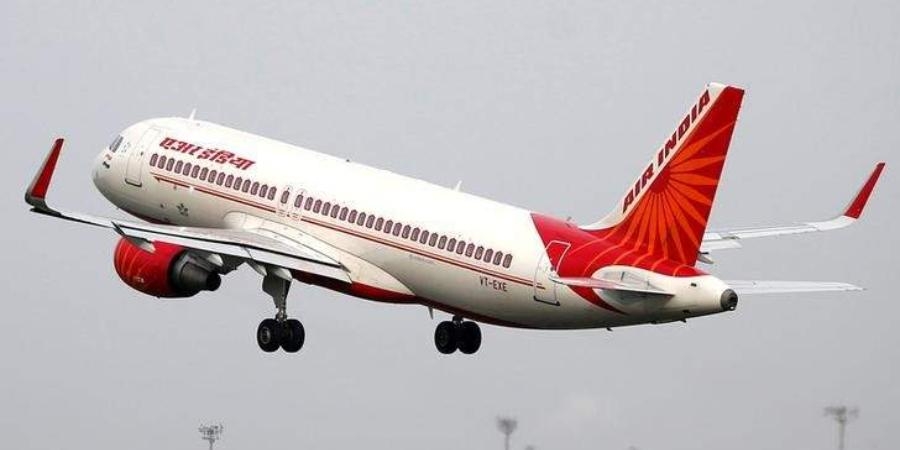
Government-owned Air India is once again on the block, and the Tata Group may emerge as the only possible bidder. Hit by the coronavirus lockdown, air travel is at its lowest, and it is possibly the worst time to buy an airline. There will be therefore little competition to the Tatas if they do finally make a bid. After two-three unsuccessful attempts at privatising the loss-making Air India, the government has finally got real and is offering terms that would make sense to a serious buyer.
This round, it is offering 100% divestment, including Air India’s real estate assets. The daunting debt of over Rs 58,000 crore will be broken up with 60% to be transferred to a special purpose vehicle (SPV), and retained by the government. The winning bidder will have to therefore absorb a little over Rs 23,000 crore.
The Tata Group, of all the options, offers the best fit. It has the pedigree—after all, J R D Tata laid the foundations of the airline in 1946. After years of being out in the cold, the Group has acquired substantial experience in aviation with controlling stakes in two airlines: Air Asia India and Vistara. With the acquisition of Air India, the Tatas will inherit a vast network of 52 Indian and 42 international destinations, and a fleet of 146 aircraft.
The privatisation of Air India has dragged on too long. The first two rounds of bidding in 2018 failed because of the unrealistic terms offered by the government to prospective bidders. Commercial viability in aviation has always been a tough nut to crack. The inability to find a buyer for the grounded Jet Airways also offers an important lesson.
On the other hand, the Tata Group is well-positioned to take on board Air India, and merge it with its other airline operations. More importantly, time is running out. How long will a disinterested government bankroll a loss-making airline? When bids close on August 31, one hopes a divestment formula will be hammered out that will save the airline.